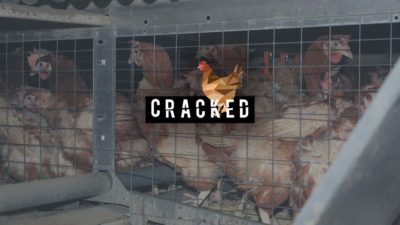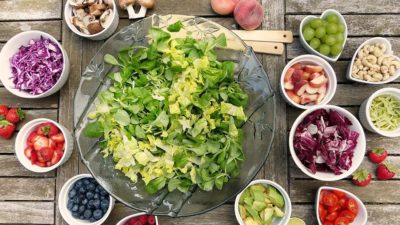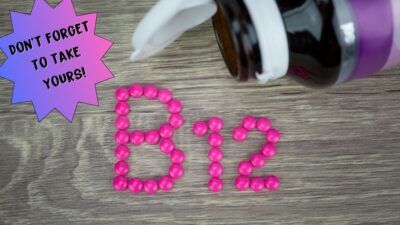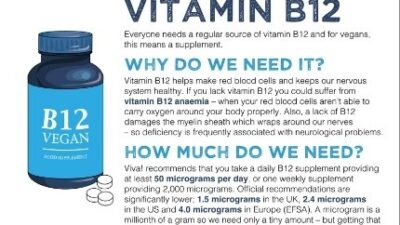Vitamin B12 – who needs it?

Everyone needs a regular source of vitamin B12 and for vegans this means a supplement or a good supply of B12-fortified foods.
What is B12 and why do we need it?
Vitamin B12 helps make red blood cells and keeps our nervous system healthy. A deficiency can cause serious problems, especially in the young, with symptoms including extreme tiredness, lack of energy, pins and needles, muscle weakness, depression and cognitive problems such as poor memory, understanding and judgement. It can lead to raised levels of a substance called homocysteine, which can increase the risk of heart disease and stroke. Serious stuff!
How much do we need?
Viva! recommends that you take a daily B12 supplement providing at least 50 micrograms (μg) per day, or one weekly supplement providing 2,000 micrograms. Official recommendations are significantly lower; 1.5 micrograms per day in the UK, 2.4 micrograms in the US and 4.0 micrograms in Europe (EFSA).
You could aim for this with fortified foods but research suggests you only absorb 50-60 percent of the B12 in foods so you would have to double the recommended amount. Absorption from supplements can be even lower, which is why we recommend 50 micrograms a day or 2,000 a week.
Vitamin B12 is a water-soluble vitamin, so excess amounts leave the body in the urine. The governments says taking 2,000 micrograms or less a day is unlikely to cause harm.
A microgram is a millionth of a gram so we need only a small amount. But getting that small amount is vital.
What’s the beef with B12?
B12 is naturally made by bacteria in soil and water or is grown in vats for supplements. Traditionally, farmed animals got B12 from eating food from the ground but with so many now confined in factory farms, animals are fed B12 supplements. The notion that you need meat or dairy foods for B12 is a myth so you might as well cut out the middleman and take the supplements yourself!
The B12 in meat and dairy is bound to animal protein, making it harder to absorb. In fact, absorption from animal foods is a complicated process that declines with age. As a consequence, up to 40 per cent of older people (regardless of diet) in the UK suffer from low B12.
Too much of a good thing?
Vitamin B12 is water-soluble so if you take too much, it simply comes out in your in urine. Guidelines say that up to 2,000μg a day is unlikely to cause problems, but you shouldn’t take more than that.
To meet your daily target you can breakfast on cereal and soya milk, making sure that both are fortified with B12, or Marmite (yeast extract) and toast. For lunch, try soup with Vecon stock and a roll, and for dinner, sprinkle a few Marigold Yeast Flakes fortified with B12 on whatever you’re eating – a 5g pinch contains more than 100 per cent of the recommended daily amount. It goes particularly well on pasta dishes and bakes. And for pudding – soya yoghurt or dessert with added B12. Contrary to common belief, fermented soya foods and seaweeds don’t provide B12.
Topping up a few times a week with a supplement is a good safety net to ensure you’re getting enough.
A well-planned, varied vegan diet, including B12-fortified foods and supplements, not only meets your requirements but provides a healthier source than meat or dairy, setting you up for a healthy old age.
Find out more about vitamin B12 and be sure to visit our A to Z of Nutrients page for our comprehensive guide on vitamins and nutrients.







